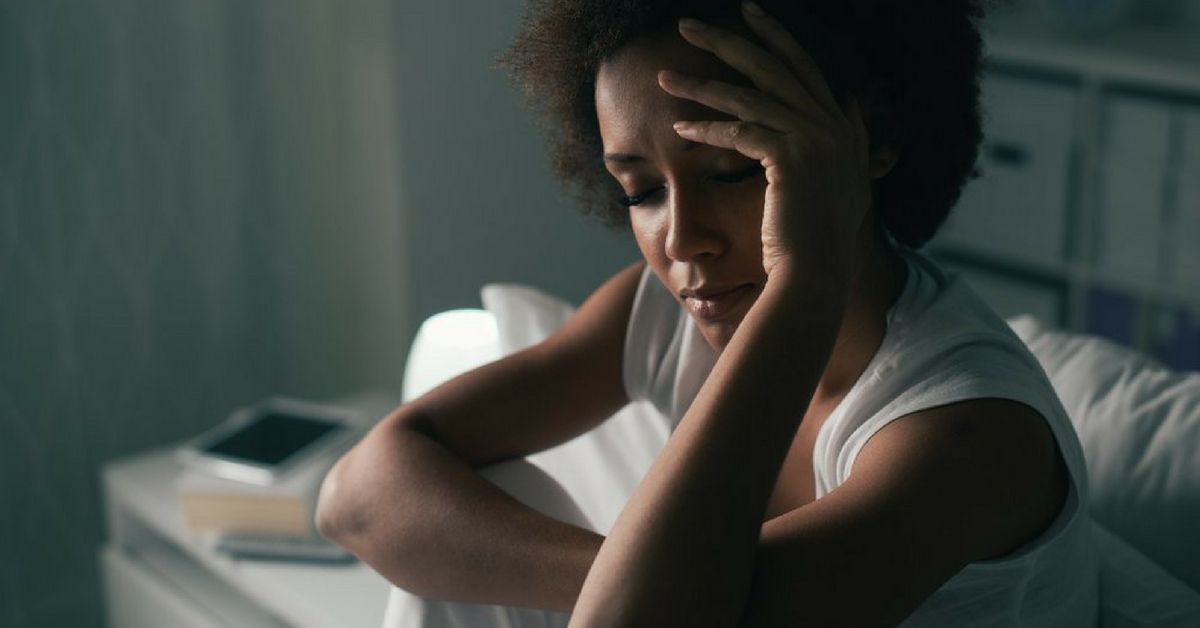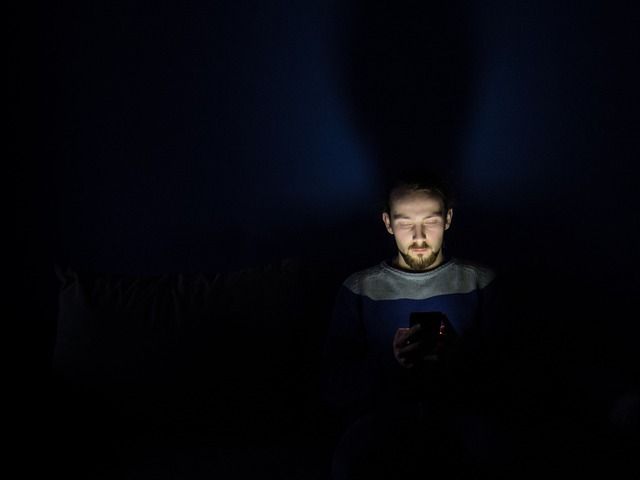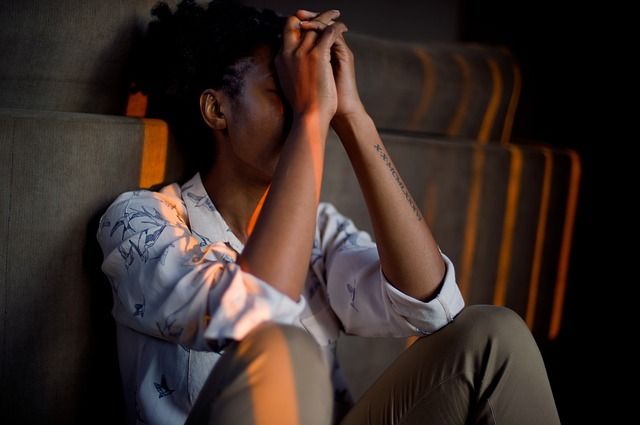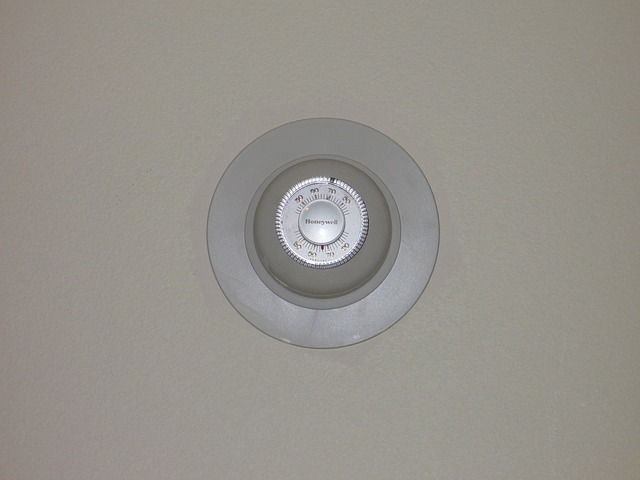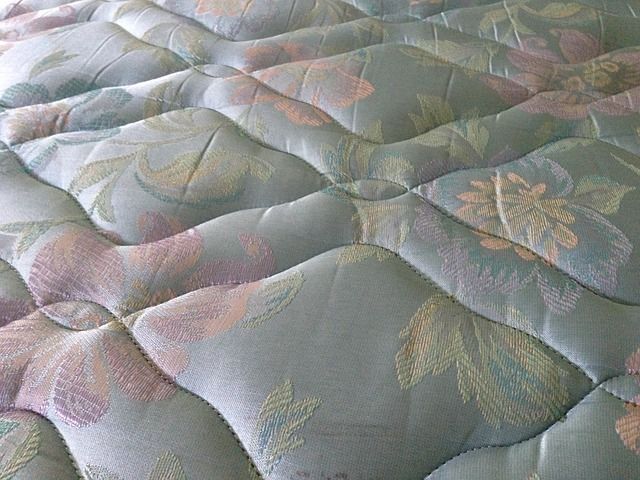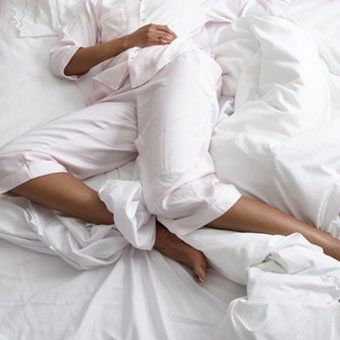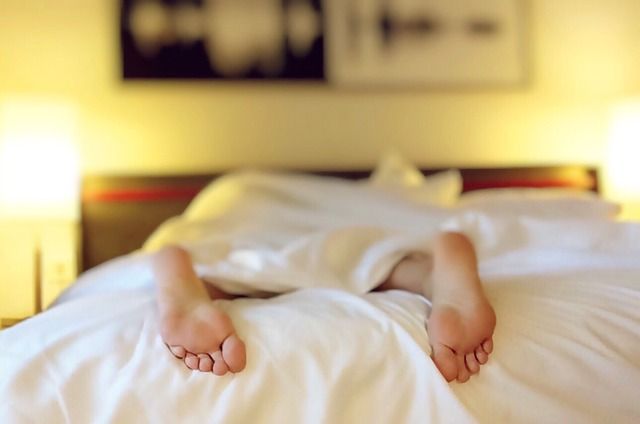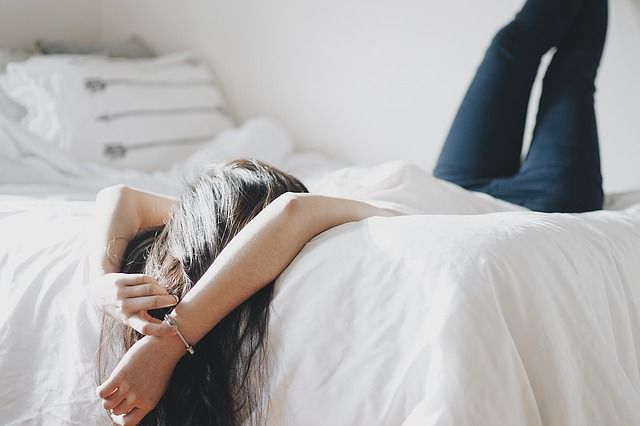It seems like the majority of us are tired basically all the time. I know I am. It doesn't matter whether you go to bed before the sun does or not, it doesn't always seem to matter when that alarm goes off.
Once you drag yourself out of bed, you can't help but wonder how you could possibly be tired even though you were in bed for so many hours. As it turns out, a lot of us spend most of our nights restless without even knowing it.
There are a lot of things that cause this restlessness though, and some should be fixed sooner rather than later if you want to stay healthy.
1. Too much screen time
I know it's tempting to check your phone one last time before you go to bed, but as it turns out that could be affecting your beauty sleep.
The blue-spectrum light emitted from technological devices have been known to impede restful sleep, because of the way they affect the melatonin production.
Dr. Richard L. Hansler from John Carroll University said, "Exposing eyes to light during the evening stops the body from making melatonin, the sleep hormone."
2. You drank alcohol
I know a lot of people who believe that falling asleep after drinking is easy, but part of the reason why you're so tired after a night of drinking is because as your body is trying to metabolize the alcohol, it ends up preventing you from entering REM sleep.
"Alcohol has a sedative effect that, if you drink enough, can put you to sleep quite easily," Dr Marc Leavey said. "Over the first few hours, you metabolize that alcohol, with the alcohol producing a form of sleep that can prevent the healthy rapid eye movement sleep that is most restful."
3. Stress
We can't help the fact that we are all stressed, but unfortunately that doesn't prevent it from interrupting your sleep.
If you are stressed, you are more likely to wake up throughout the night and will reduce the amount of time spent in REM sleep. This leaves you tired for your next day, which of course gives you another thing to be stressed about. It's a cruel cycle, isn't it?
4. Sleep Apnea
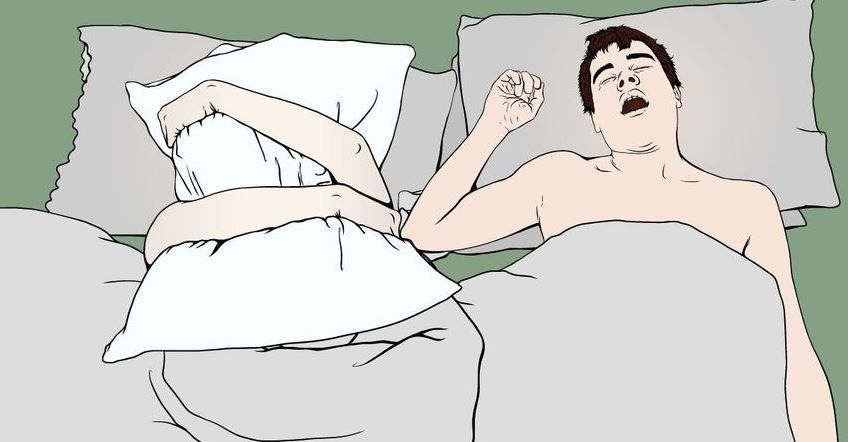
A lot of people who have sleep apnea don't even realize that they do, which can be incredible dangerous.
Sleep apnea is when your airway becomes partially or completely blocked while you sleep, making it impossible to breathe for a short period of time. This will wake you up, even if it's only slightly so that you don't actually remember being awake, and then the next day you feel completely wiped out.
Sleep apnea can lead to high blood pressure if left untreated, so it's really important that you mention to your doctor just how tired you are.
5. The room is too warm
In order to fall asleep, your body temperature needs to actually lower ever so slightly. If your room is super warm, you won't be able to get a restful night's sleep, and will spend the next day exhausted.
Experts from the National Sleep Foundation recommend 65 degrees as the ideal temperature to sleep in, but try a few different temperatures to see what works best for you.
6. Your mattress is way too firm
While many people believe that a firm mattress is better for their back, there is a point where it becomes "too firm."
VP of sleep science and research at Sleep Number Pete Bils reveals the damage that hard mattress are actually doing to your body. "Mattresses that are overly firm create high pressure points in the hips and shoulders and poor support in the lower back, which leads to tossing and turning to relieve those pressure points"”and thus a restless night of sleep."
Your mattress should be able to conform to your body so that your neck and head are aligned properly with your shoulders.
7. Your legs are too twitchy
A condition known as Restless Leg Syndrome affects so many people without them even realizing what is going on. RLS is a condition that gives you the urge to move your legs, and it becomes uncomfortable if you don't.
This tends to get worse at night time as you try to relax, and unfortunately attempts to sedate it with antihistamines like Benadryl actually cause the symptoms to intensify.
8. You can't stop itching
People with dry, itchy skin actually end up waking up in the night because they are itching themselves too much.
This happens quite often to people with eczema, as it causes them to have a hard time falling asleep, and then find they keep waking up.
9. You took too long to fall asleep
While it may seem like the best option is to stay in bed until you fall asleep, experts actually suggest getting out of bed if you don't fall asleep within 20 minutes.
Don't pick up your phone or any other screens, just do something relaxing like reading or stretching until you start to feel tired again. That way you aren't getting frustrated and stressed out about not sleeping when you should be.
10. You've got animals in your bed
I am 100% guilty of this, and I am sure a lot of you are too. Letting your dogs or cats sleep in the bed seems nice until they start jumping around on you and keeping you up.
While it's not always easy to get them to go sleep somewhere else, it has been found that 20% of pet owners who let their pets sleep in the bed have said they don't sleep well.
Even if they are great pets and sleep through the night, their movements may be causing you to wake up without realizing it.
While there are a lot of reasons why we wake up, if you don't know what is causing your insomnia, you should speak to a doctor to make sure it isn't something more serious.
Source - Reader's Digest / Prevention / Independent / Huffington Post / Web MD
